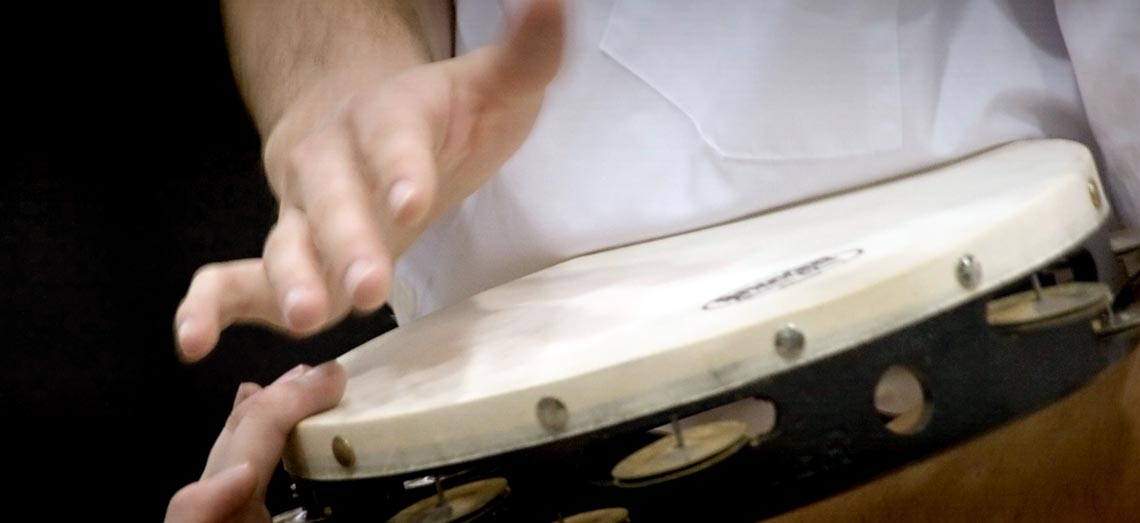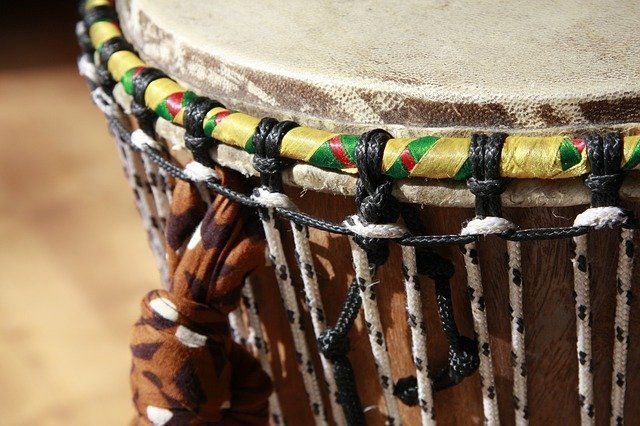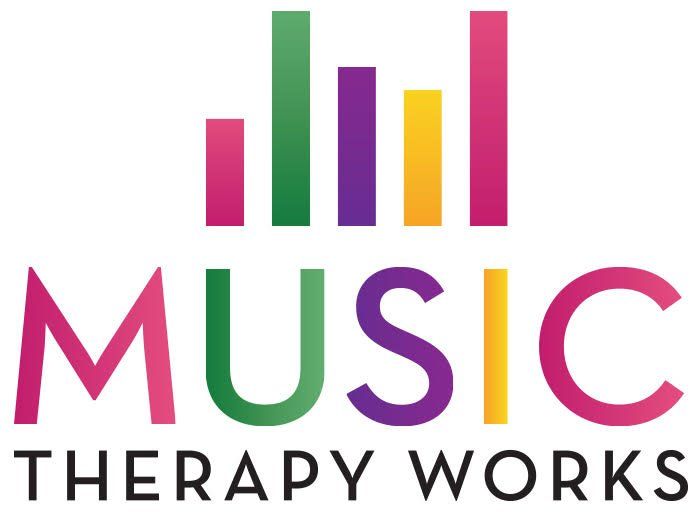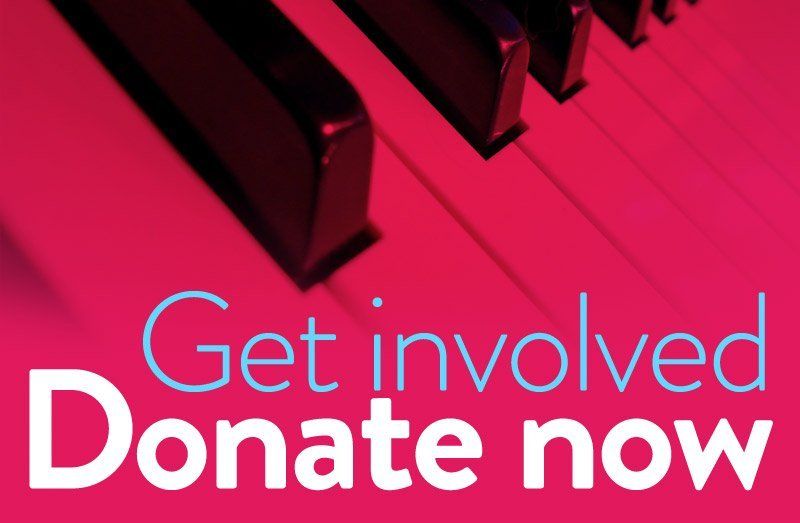What happens in music therapy sessions?
What formats does a music therapy session take?



WHAT HAPPENS IN MUSIC THERAPY SESSIONS?
In a music therapy sessions, the client uses accessible percussion instruments and their own voice to explore the world of sound. The music therapist supports the client’s responses through improvised music. Over time a trusting relationship can evolve through which emotions can be expressed and explored within a safe environment.
Every music therapy session is different because the therapist responds in a unique way to the person’s needs and creative direction. Most music therapy sessions consist of improvisation, musical “games” and occasional use of pre-composed song. This means that the emphasis is mainly on playing music freely – making up the music as you go along.
The person’s use of the instruments will naturally reflect their emotional state at that moment. The therapist acknowledges and supports what the person is expressing and supports this with her own music. By playing music freely together the therapist and individual form a therapeutic relationship in which communication and trust are established.
Since this relationship is central to music therapy, people may also use the session to express their feelings, ideas and experiences in words or silence. Sessions can sometimes bring up some intense and difficult feelings. All forms of emotional expression are accepted and acknowledged by the music therapist.

WHAT FORMATS DOES A MUSIC THERAPY SESSION TAKE?
MTW provides intense individual music therapy sessions and also interventions for groups of individuals having similar assessed needs. We aim to find the music therapy format that best suits the individual’s needs. This may mean that family, friends, carers and staff to become also become involved in music therapy sessions in a way that is helpful to everyone.
The format of music therapy sessions can include:
- playing and making up music on a wide range of percussion instruments
- singing both improvised songs and/or familiar songs
- creating songs/rap music
- listening to music
- dancing or moving to music
- performing and rehearsing music
- writing stories in music
We provide clear aims and objectives and measure the outcomes of every intervention using a evaluation framework.

